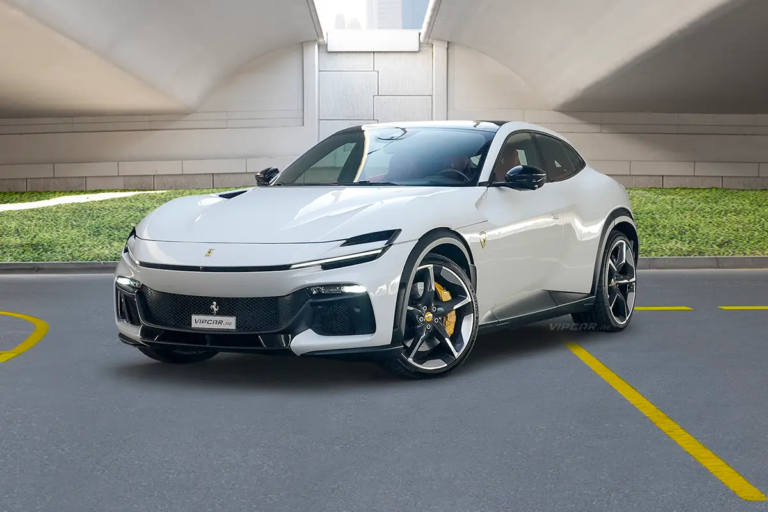Battery waste is a growing concern in India, with millions of batteries discarded every year from vehicles, electronics, and household devices. Improper disposal of batteries releases harmful chemicals like lead, cadmium, and mercury into the environment, posing risks to both human health and ecosystems. This is where Extended Producer Responsibility (EPR) for battery waste management comes in. With industry leaders like Shakti Plastic Industries, businesses can ensure compliance with government rules while promoting sustainable waste recycling.
What is EPR in Battery Waste Management?
A regulatory system known as Extended Producer Responsibility (EPR) holds manufacturers accountable for the collection, recycling, and disposal of their products at the end of their lives. In the case of batteries, responsible waste disposal is the responsibility of manufacturers, importers, and brand owners. EPR for battery waste management guarantees that producers install collection systems, properly dispose of waste, and lessen pollution in the environment brought on by dangerous battery components.
Why Battery Waste Management is Important
Because battery waste contains harmful materials, including lead, nickel, and lithium, it is categorised as hazardous. These substances have the potential to damage groundwater, soil, and even the food chain if improperly handled. In addition to preventing harm to the environment, effective battery waste management enables the recovery of valuable materials through recycling. Businesses in India can adhere to legal requirements and support sustainable waste reduction by implementing EPR compliance.
EPR Rules for Battery Waste Management in India
All battery manufacturers and importers are required to register for EPR under the Battery Waste Management Rules, 2022, which were introduced by the Indian government. These guidelines highlight:
- Mandatory Central Pollution Control Board (CPCB) EPR registration.
- Targets for the collection of various battery kinds, including industrial, portable, and automobile batteries.
- Environmentally responsible battery recycling.
- Prohibition against burning or disposing of batteries in landfills.
Businesses can successfully negotiate these intricate regulations with the help of Shakti Plastic Industries.
Documents Required for EPR Battery Waste Registration
Manufacturers must provide the following necessary paperwork to receive an EPR certificate for battery waste management:
- Certificate of company incorporation
- GST certification
- Code of Import-Export (for importers)
- The company’s PAN card
- Information about the product and the type of battery
- Details of the authorised signatory
Shakti Plastic Industries makes sure that the registration process runs smoothly by helping companies with documentation and compliance.
Role of Shakti Plastic Industries in EPR Compliance
In India, Shakti Plastic Industries is a respected pioneer in recycling and trash management. The company provides comprehensive solutions for battery waste EPR compliance and has decades of experience. Among their offerings are:
- Assisting companies with CPCB EPR registration.
- Establishing networks for recycling and pickup.
- Ensuring that spent batteries are recycled in an environmentally safe manner.
- Supplying assistance with reporting and paperwork.
Their knowledge guarantees that companies follow the law and support environmentally friendly, sustainable operations.
Types of Batteries Covered Under EPR
Several battery types are covered by India’s EPR framework:
- Mobile phones, laptops, toys, and household goods all need portable batteries.
- Automotive batteries: Lithium-ion and lead-acid batteries found in automobiles.
- Industrial batteries are those found in manufacturing facilities, energy storage facilities, and power backup systems.
- Lithium-ion batteries used in electric automobiles, buses, and two-wheelers are known as electric vehicle (EV) batteries.
Effective EV battery waste management under EPR has become essential as the use of electric transportation increases.
Benefits of EPR for Battery Waste Management
Companies, the environment, and society at large all gain from the use of EPR for batteries. Important advantages include:
- Legal adherence to CPCB regulations.
- Decreased contamination of the environment.
- Recovery of valuable metals such as nickel, lithium, and cobalt.
- Enhanced reputation for corporate sustainability.
- Support for India’s circular economy objectives.
By collaborating with Shakti Plastic Industries, companies may easily reap these advantages.
Challenges in Battery Waste Management
India still has trouble controlling battery waste in spite of stringent regulations. Typical problems include:
- Customers’ ignorance about proper disposal practices.
- There aren’t many locations for collecting spent batteries.
- Improper recycling methods are bad for the environment.
- high price of cutting-edge recycling technology.
By employing eco-friendly recycling techniques and putting in place dependable collection systems, Shakti Plastic Industries is tackling these issues with its experience.
EPR Process for Battery Waste Management
The detailed procedure for managing battery trash in accordance with EPRs includes:
- Making a Central Pollution Control Board (CPCB) registration.
- Sending in all necessary paperwork.
- Putting in place a system for collecting spent batteries.
- Collaborating with approved recyclers.
- Submitting to the CPCB yearly compliance reports.
Producers may finish this procedure quickly with expert assistance from Shakti Plastic Industries.
Future of Battery Waste Management in India
India is predicted to produce enormous amounts of battery waste in the upcoming years due to the growing popularity of electric vehicles. EPR will be essential to making sure that these batteries are disposed of and recycled safely. Businesses that adhere to EPR now will benefit from a better reputation and a competitive edge later on. Businesses may help create a more sustainable and greener future by working with Shakti Plastic Industries.
In India, EPR for battery waste management is now required rather than optional. It guarantees that manufacturers handle the batteries’ end-of-life care, lowering environmental hazards and recovering valuable materials. Businesses may accomplish compliance, effectively manage waste, and support India’s sustainable development objectives by working with Shakti Plastic Industries as a reliable partner. Proactive measures taken now will determine the future of responsible battery waste management.





